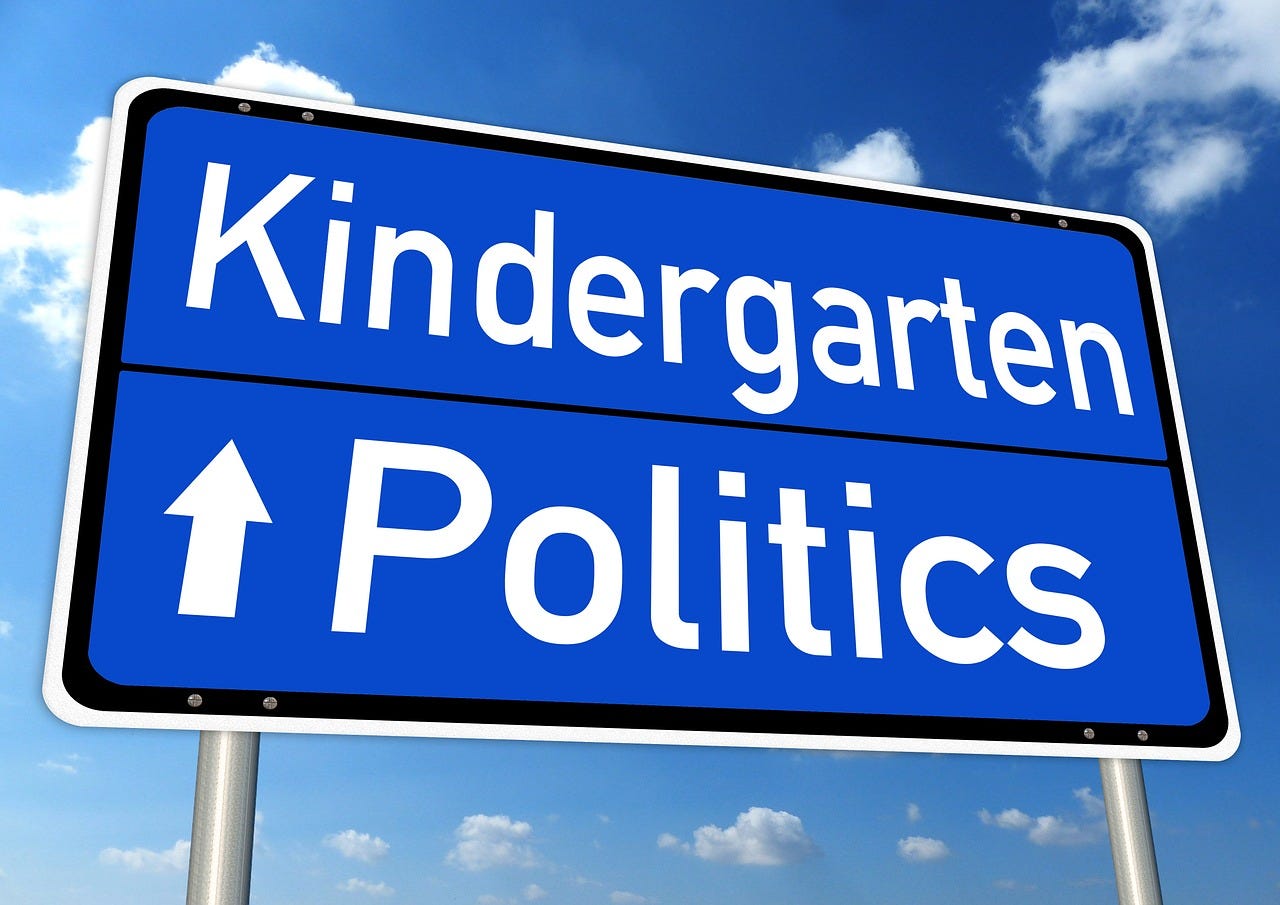Stop politicizing transportation!
Cast aside the language of Dem vs. Rep so we can all enjoy better infrastructure.
There’s a way-too-large percentage of people who can’t help but politicize land planning and infrastructure.
As if choice in housing, restaurants, and transportation is driven by your political tribe. Pfft.
Journalists fan the flames because divisive headlines attract clicks and shares. Readers can’t resist a Red vs. Blue fight. Corporate media understands clickbait, and so do their advertisers. Hostility and tension is big business.
There’s no reason the Red vs. Blue games need to spill over into the planning and design of infrastructure. Naivety and hypocrisy run deep in both camps, including their stereotypical platforms about infrastructure. Democrats support this, Republicans support that; liberals oppose this, conservatives oppose that.
Consider this headline: “Thoughtful planners shaping sustainable transportation future faced with climate-denying opposition.”
You might as well print: "New plan supported by everyone until this newspaper politicized it.” The language plays into the idea that one politician can’t support the project based on the other team’s language.
Yes, it’s true that a robust transit system and bicycling network will reduce the amount of emissions from car traffic. Fewer people will opt to drive alone. But if a story is spun to create or imply controversy, then the good project is likely to be injured or killed.
Remember that politics is a team sport. Team Blue and Team Red aren't going to cheer for an opponent’s platform. In the case of infrastructure, there's no need to hang your hat on climate change if that's a contentious issue.
It’s a real problem that corporate media’s motivation is outrage. So what can we do?
Find shared interests to prevent conflict.
Both political team members enjoy lasagna dinners, summer fireworks, and streaming movies. And both teams would like to get from here to there safely. Stop politicizing transportation!
Focus on the immediate & verifiable benefits, rather than predicting the future:
Protect children from traffic violence
Reduce property damage
Increase mobility options
Increase economic development
Improve financial stewardship
Shift away from an infrastructure language of us vs. them so the entire neighborhood can benefit.



